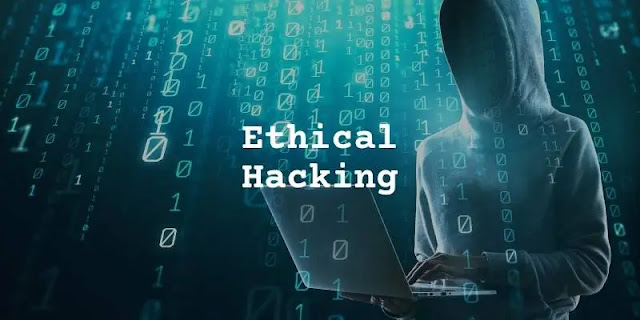There are various definitions you can learn about hackers. The term hacker was used in the early 1990s to describe someone with the ability to solve complex problems who could be a good programmer. Now, the definition of a hacker has changed from time to time because it started to have a negative sentiment in the media. I started labeling myself as a person. This image was created by the media to show only the negative side, not the positive side. On the positive side was the person who published the vulnerabilities found in the system, protecting the organization and several users.
Simply put, a hacker can be defined as someone who is creative and able to solve complex problems. For this reason, the term he falls into three different categories.
White Hat Hacker
Hacker known as a security expert. This type of hacker is used by organizations and allowed to attack organizations. Their main task is to find vulnerabilities that attackers can exploit, so they can attack your organization.
Black Hat Hacker
is a type of hacker who uses knowledge for malicious purposes. You are a person who can be called a cracker. The way they use their knowledge is to access user information that could be dangerous to their victims.
Gray Hat Hacker
It is a type of hacker who acts as both a white hat hacker and a black hat hacker . Example:
- A gray hat hacker can act as a security expert for any organization and find vulnerabilities that still exist in the system. However, it can leave a backdoor that can access sensitive information and sell it to the company's competitors.
What types of hacking are there?
There are several ways to hack a system -
1. Computer Hacking or System Hacking - This type of hacking involves breaking into individual systems or computers within a network. Includes access. This is common when the target is a single target or when the goal is to steal information from a network of computers. Breaking into systems and identifying vulnerabilities is the job of an ethical hacker.
2. Network Hacking or Wireless Network Hacking - Wireless hacking is the process of stealing, capturing, or monitoring wireless packets within a particular network. Once hackers gain access to your wireless network, they can also access your passwords, chat sessions, user history, and more. Ethical hackers use similar methods to infiltrate wireless networks and find new alternatives used by black hat hackers.
3. Email Hacking - In the digital world of business, emails contain highly sensitive data and information that hackers may be interested in. Email hacking involves hacking a network to obtain email passwords or gaining unauthorized access to an individual's or company's employee's email. This can reveal someone's private life or leak sensitive data from business emails. Phishing attacks (pervasive) can also allow users to compromise their personal information and data security.
4. Hacking a website or hacking a web application – Unethical hackers may be interested in hacking a website or web server because it can negatively impact your business. This can lead to prolonged website downtime (loss of business, detection and recognition), software and database theft, and even permanent damage. However, ethical hackers attempt this with permission and suggest ways to fix cracks.
5. Hacking passwords can be part of hacking a computer or system: Hackers use data stored on computers and servers to gain access to passwords for websites, computers, emails, accounts, etc. and use this information for malicious purposes. Ethical hackers do this using similar methods, identifying all security measures that can be taken to prevent this.
Phases of Ethical Hacking:
Ethical hacking has five phases to ensure all cybersecurity infrastructure is covered while ethical hackers test an organization's network. These phases will help you understand the basics of ethical hacking.
Reconnaissance - This is the first stage of ethical hacking, often called the preparatory stage. At this stage, ethical hackers gather enough information, plan, and prepare to attack. The first phase of reconnaissance is garbage collection, where ethical hackers try to find useful information such as old passwords, employee databases, customer databases, and archived financial information. The next step is the footprint. Hackers collect necessary information related to the hacking process, such as: Examples: security frameworks, IP addresses, etc.
Scanning - Scanning is the process of quickly accessing the outer layers of a network or system's security framework. At this stage, hackers are also looking for relevant information. The first step is pre-attack scanning, which uses intelligence from reconnaissance to gather more information. The second step is sniffing or port scanning. Hackers use tools such as vulnerability scanners, port scanners, and dialers to monitor networks. Finally, information extraction gathers information about ports, physical machines, and system details to prepare for hacking attacks.
Gaining Access – After collecting all relevant information, the next step for hackers is to gain access to a network or system. When this happens, hackers gain full control with access to network details and individual systems. or to allow enough time to achieve the hacking objective. Additional attacks are also launched if the hackers need more time or want to inflict more damage.
Hide Your Footprints – Evading guards and built-in security systems is just as important as gaining access. This is done by following procedures such as closing open ports, clearing log files, clearing all cookies, etc. This prevents hacking attempts from being traced back to the hacker.



No comments:
Post a Comment